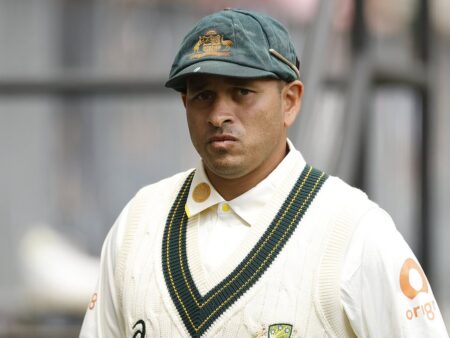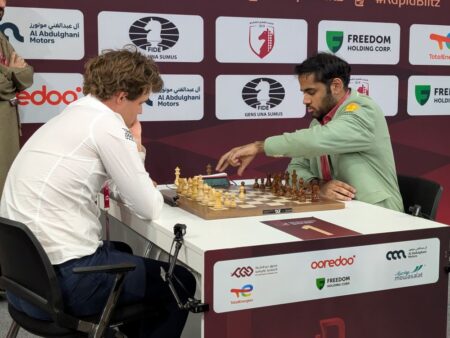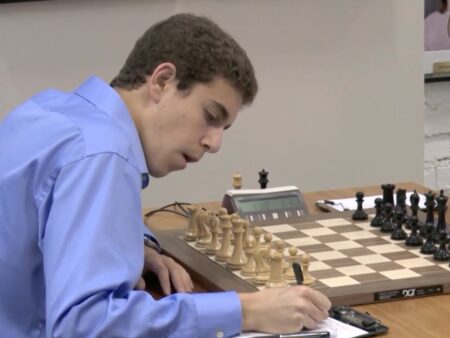New Zealand’s cricket coach, Gary Stead, has acknowledged that their team faced an unusually demanding travel schedule during the Champions Trophy. He pointed out that while the tournament scheduling was beyond their control, the constant travel between venues has had a noticeable impact on the players.
Throughout the competition, discussions arose about India playing all their matches in Dubai, suggesting a possible home advantage. Stead refrained from commenting directly on this, stating that such decisions were not in their hands.
However, he openly discussed the challenges posed by New Zealand’s relentless travel. Notably, none of their matches were affected by rain, meaning they played all scheduled games amidst this travel.
Stead mentioned that the journey from Lahore to Dubai, involving a full day of travel just before the final, was particularly taxing. As a result, the team opted to skip training on Friday, prioritizing rest and recovery before the crucial match.
“We have a couple of days now for recovery, planning, and training leading up to the game,” Stead added. “At this stage of the tournament, it’s less about intense training and more about ensuring both body and mind are prepared for the final. Our main focus for the next two days will be on achieving that optimal state.”
Addressing the topic of India playing all their matches in Dubai, Stead reiterated that these scheduling matters are outside his influence. He emphasized the importance of focusing on what they can control: performing better than India on the field, regardless of the venue. He noted their previous match against India in Dubai was a valuable experience, even though they didn’t play to their full potential.
Another challenge for New Zealand is adapting to the Dubai pitch, known for favoring spin and generally having lower par scores, especially after playing their semi-final at a high-scoring venue. In their earlier match against India in Dubai, New Zealand scored 249 for 9 and were subsequently bowled out for 205.
Stead stressed the importance of adaptability and on-field assessment of the par score. He cautioned against carrying over high-scoring expectations from different venues and emphasized the need to devise appropriate tactics for the given conditions and opposition.
“Effective communication between batsmen in the middle is crucial,” Stead concluded, “to decide on the right approach, identify which players should take risks, and strategize accordingly.”










